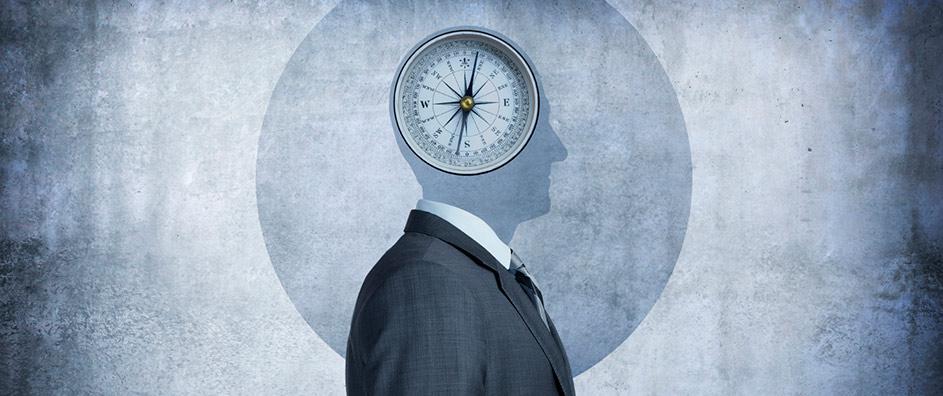Throughout the annals of human history, an intriguing and profound inquiry has persisted: Where does our conscience originate? Within the framework of Bahá’í teachings, this question is not merely philosophical but intricately tied to the nuances of spiritual development and moral discernment. The Bahá’í faith offers a compelling exploration of conscience that intertwines ethical considerations with a broader understanding of human purpose and the divine.
To begin with, the concept of conscience in the Bahá’í perspective is seen as an intrinsic and divine characteristic bestowed upon humanity. It serves as a compass, guiding individuals toward virtuous conduct and the realization of their potential. Bahá’í teachings assert that conscience is deeply connected to the human spirit, often regarded as a reflection of divine attributes. This intrinsic conscience instills in us an innate awareness of right and wrong, a premonition of ethical obligation that transcends cultural and societal norms.
Moreover, the evolutionary aspect of conscience is significant. It is posited that as humanity evolves—both spiritually and intellectually—so too does our understanding of conscience. This growth suggests that conscience is not a static quality but a dynamic attribute shaped by personal experiences and collective societal advancements. The Bahá’í teachings encourage adherents to cultivate their personal conscience, enhancing it through study, reflection, and a sincere pursuit of truth.
One notable observation regarding conscience is the varying interpretations and manifestations of moral awareness across different cultures. This brings forth a vital discourse on the universality of moral principles. The Bahá’í faith emphasizes the oneness of humanity and asserts that the fundamental principles of justice and moral rectitude are universal. While cultural differences may influence expressions of conscience, the essence of moral truth remains constant. Thus, the teachings encourage a global perspective on moral issues, fostering an environment of empathy and understanding.
In exploring the confluence between conscience and social responsibility, Bahá’í teachings illuminate the necessity of individual moral awakening as a precursor to societal transformation. The principles of justice, equality, and service to others are not merely ideals to be aspired to; they are practical obligations that arise from an awakened conscience. This holistic approach encourages individuals to not only introspect but to actively engage in the betterment of society, thereby fulfilling their moral responsibilities.
A significant element of Bahá’í teachings pertains to the relationship between conscience and divine guidance. It is posited that true conscience is informed by spiritual reality, making individuals attuned to the principles necessary for the advancement of society. This calls for an alignment of personal conscience with divine will, where individuals strive to harmonize their ethical judgments with spiritual insights, thus forging a pathway for holistic growth. The Bahá’í texts emphasize prayer, meditation, and the study of sacred writings as avenues for developing this alignment, suggesting that deep spiritual contemplation cultivates an enriched conscience.
Furthermore, the Bahá’í faith places substantial emphasis on the role of education in shaping conscience. Knowledge serves as a transformative tool, illuminating the pathways of ethical decision-making and moral integrity. By fostering critical thinking and reflective inquiry, education equips individuals to discern complex moral landscapes. The teachings advocate for a comprehensive educational system that not only imparts academic knowledge but also cultivates virtues, thereby nurturing a conscientious citizenry. In this light, the moral development of individuals is seen as instrumental in creating a just and peaceful society.
In this discourse, it is essential to consider the interplay between communal values and personal conscience. The Bahá’í principle of collective consciousness underscores the idea that individuals are not isolated entities but part of a broader societal fabric. Therefore, the development of a robust conscience is intrinsically linked to the collective moral standing of a community. When individuals engage with their communities, their ethical perceptions are enriched and diversified, allowing for a more comprehensive understanding of conscience. This communal engagement serves as a vital counterbalance to the potential pitfalls of individualism, fostering a shared commitment to moral excellence.
Moreover, the challenges faced by contemporary society, such as materialism and ethical relativism, compel individuals to reevaluate the foundations of their conscience. The Bahá’í teachings provide a clarion call for individuals to transcend ephemeral desires and cultivate a conscience rooted in spiritual values. Such a revitalization of conscience is perceived as pivotal in addressing global issues, enabling individuals to act with integrity and foresight in an increasingly interconnected world.
In summary, the exploration of where we derive our conscience within the Bahá’í framework poses vital questions about the interplay of personal development, divine guidance, and societal responsibility. Conscience is not merely an innate attribute but a dynamic force that evolves alongside humanity’s spiritual and intellectual growth. As individuals strive to align their moral insights with divine principles, they contribute to the vibrant fabric of global society. This profound inquiry into conscience is emblematic of the Bahá’í commitment to fostering a world grounded in justice, unity, and ethical integrity.
